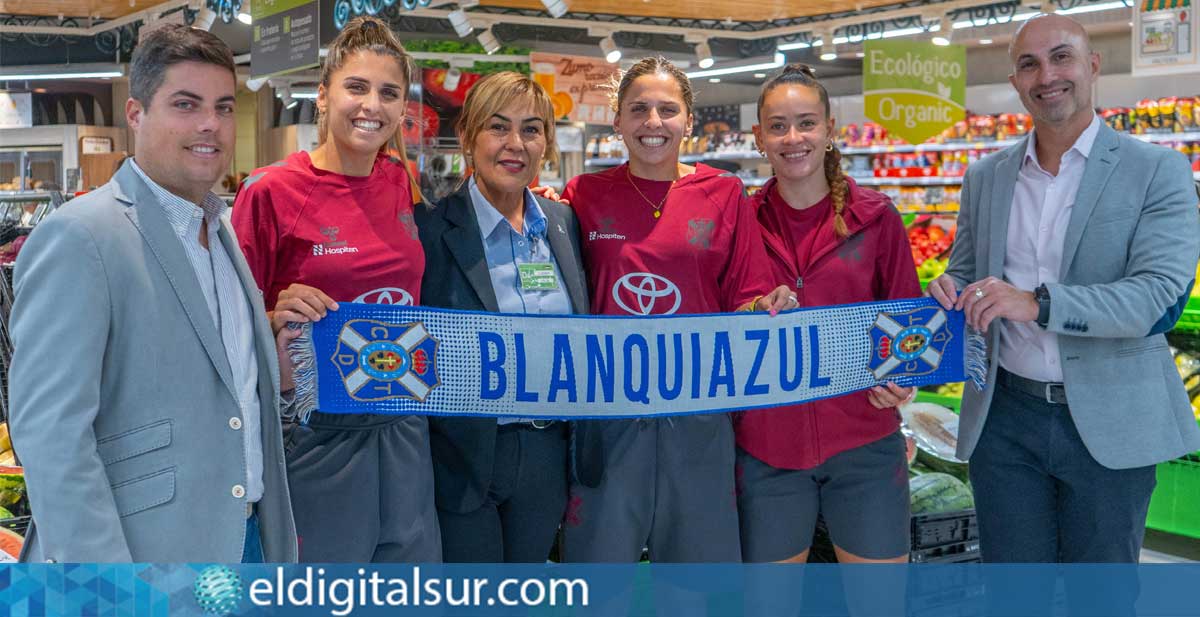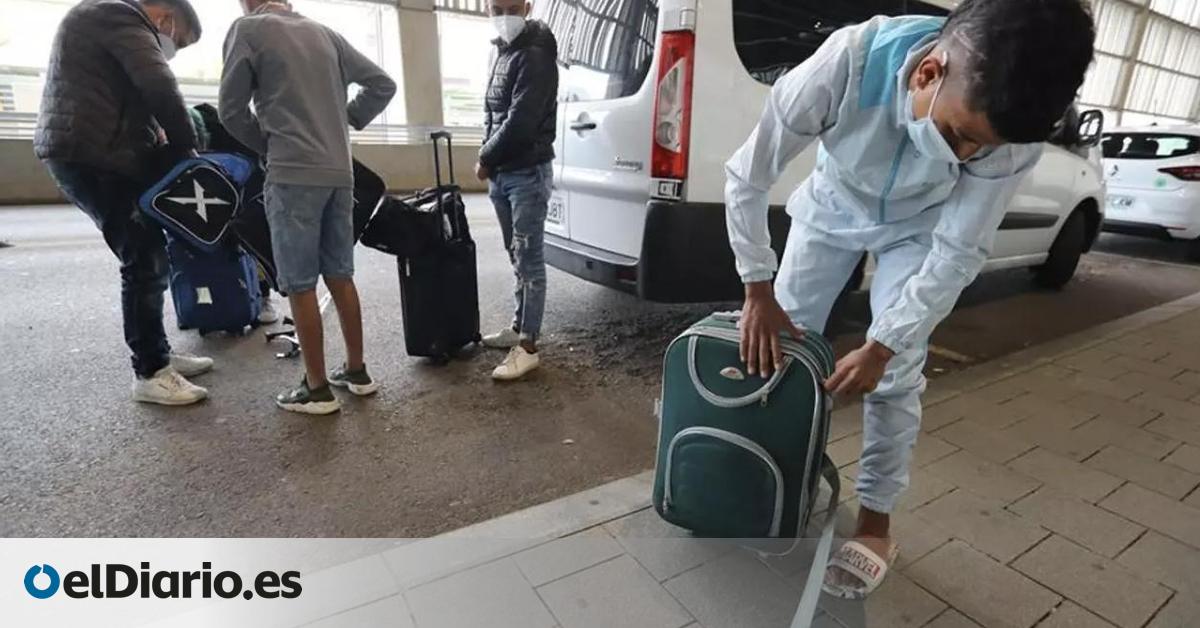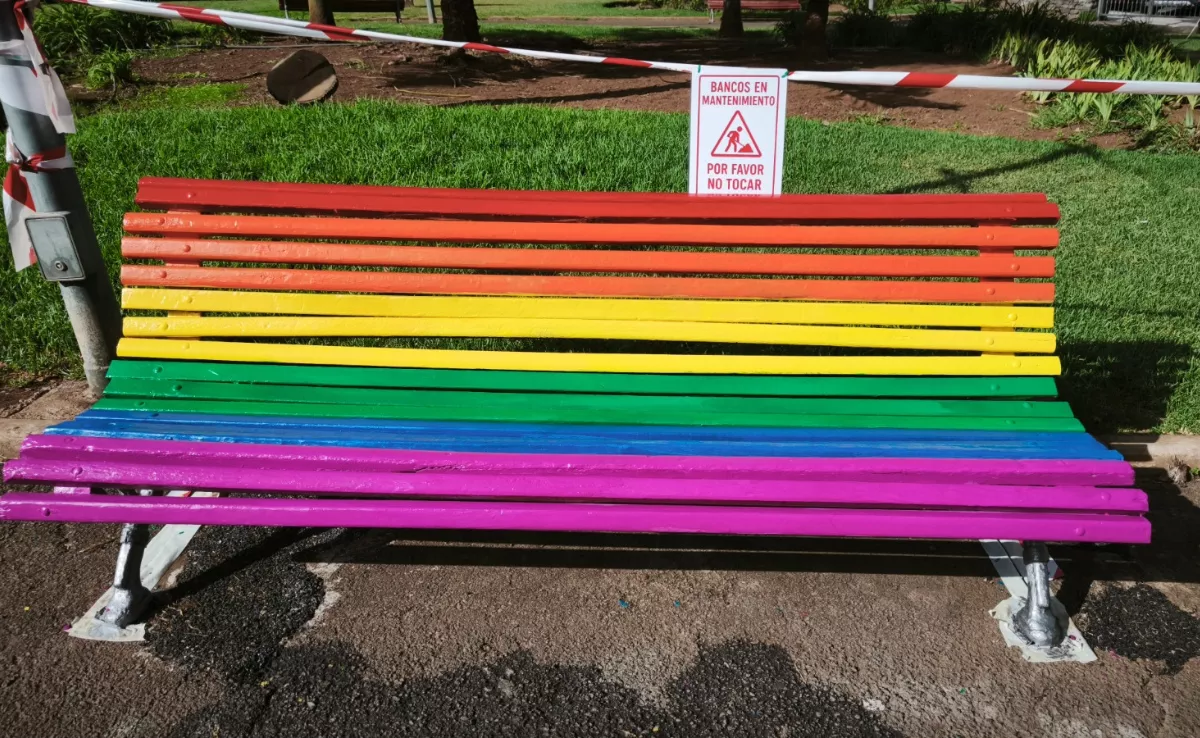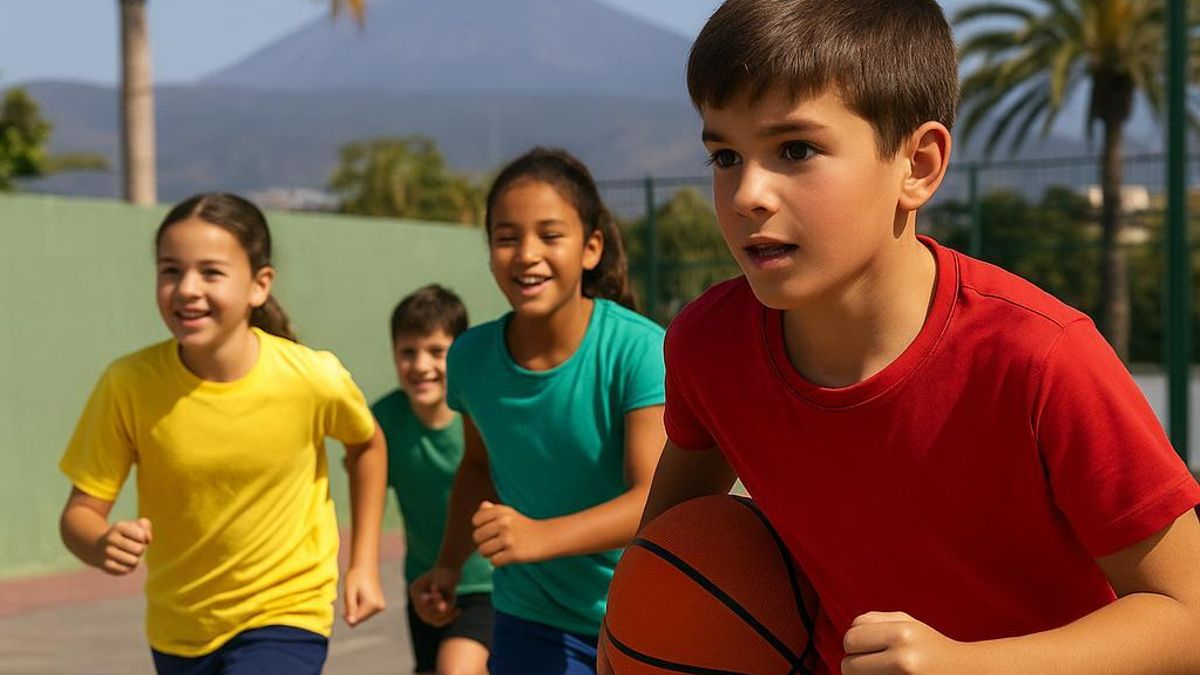No one knows, not even he himself, whether Paco González Yanes (Puerto de la Cruz, 1948) is more Canarian or more Venezuelan. He has just returned from Caracas and says he wasn’t keen on coming back to the Island. However, he now resides here, so he didn’t have much choice but to return. He emigrated when he was four, arrived at the age of ten—if I’m not mistaken—and then moved back to live there. In Venezuela, he married Margarita, his wife, who is of Canarian descent. They had three children there: Gabriela, José Luis, and Francisco. His older brothers also went to Caracas where they established Latin America’s leading brake manufacturing company: Mamusa. They are Salvita, Manuel, Antonio, Rafael, and Domingo González Yanes. Not only that, but they also founded a bank and invested in dozens of businesses. Paco, who has always had a passion for aviation, bought an airline—Santa Bárbara—which once served as Venezuela’s flagship carrier, with several international flights, as well as a third-level domestic airline. Later, he competed with Binter through Islas Airways, a Canarian regional aviation company, which he eventually sold to Miguel Concepción, “who fulfilled his commitment to me,” he tells me. All of them built their families in Venezuela. His brothers and he are very close-knit. Salvita, his eldest sister, passed away a few years ago in Tenerife. Paco González Yanes is a businessman in every sense of the word.
Living in Venezuela Today
– How is life in Venezuela today?
“Well, as has always been the case, and as it is in all countries of the world, some live better than others. But with caution, you can invest and make money.”
Success in the Wine Industry
– You have placed your winery, El Sitio, at the top of Canarian wines. How is that achieved?
“By investing wisely and with enthusiasm, along with a good oenologist. I bought a plot in Tacoronte and created a small boutique winery that sells all the wine it produces: here, in mainland Spain, and even a small portion in the United States. It must be because it’s good.”
– There was a time you ventured into cigar manufacturing.
“Well, I patented a brand because my Cuban ancestors were cigar makers, but that is certainly not my area.”
– Are you not tempted to try it again?
“I have just registered the brand Cañaveral to produce for Europe.”
– The same name as your famous rum, which is everywhere.
“It’s not everywhere yet, although we have good distribution for the Canaries now. The rum is indeed excellent. We built a distillery near the factory, which is so well-known, producing the famous Santa Teresa rum. Our collaboration with them is magnificent in terms of business relations. Both the standard and luxury bottles of Cañaveral have been very well received.”
– The bottles are luxurious.
“They certainly come at a cost. They are collector’s items, especially the reserve model.”
– Are you already a market leader in Venezuela?
“No, not yet. There are many excellent rum brands in that country. However, I am pleased with sales in Venezuela and the Canaries. We are opening new markets.”
The Family Business
– Who is currently running the factory?
“My two sons, José Luis and Francisco, who live in Caracas. Gabriela lives with her family in the United States. It is worth noting that Venezuela is the home country of my three children. They were born there and are passionately tied to Venezuela. They do not want to live anywhere else, and besides, why should they leave when they have their businesses and families there?”
– Why did you tire of the aviation business?
“You know, times change. I had bad luck with Santa Bárbara in the end. The person who bought it owes me a lot of money. With Islas Airways, as the saying goes, a small town is often a big hell. I faced many hurdles. I hold no grudges against anyone. Aviation heavily relies on economic cycles. Planes age quickly, there’s competition, and investments must be very calculated; otherwise, it all slips through your fingers.”
The Connection to the Canaries
– Do you still believe that Venezuela is the eighth island, as journalist José Padrón Machín once defined it?
“Yes, it is an extension of the Canaries, or the Canaries are an extension of Venezuela. You know this well, having been there dozens of times. I drive through Caracas and can think I’m in Tenerife, and vice versa. We are siblings.”
– Certainly, I feel a strong connection to Venezuela, Paco. At one time, I considered it my second country.
“That land has magic. Those who work and invest wisely can succeed. Look, times have changed and circumstances too, but Venezuela remains a country with great potential.”
Avoiding Political Discussions
– Would you like to discuss Venezuelan politics?
“Neither Venezuelan nor Spanish politics. There are already too many people talking about politics.”
– I once saw a mosaic in the hallway of a house in El Hierro that said: ‘Thank you, Venezuela’.
“There would have lived a grateful Canarian, who managed to send some money back to build a good house for his parents, a house that the Canarian emigrant occupied upon returning. It’s the law of the Canarian diaspora, the Canarian who helped build a great country.”
Conciliation Over Conflict
– You have a reputation for being a peacemaker.
“And what’s the point of fighting with everyone? Peace is the greatest achievement of humanity, so let’s live in peace and let others do the same.”
– How is the Venezuelan economy now? I have lost track.
“Like much of Latin America, the economy is dollarised. The exchange rate of the Bolívar against the dollar fluctuates significantly. Normally, transactions were made in dollars, but they have returned to being done in Bolívars. However, tomorrow they could revert to dollars again. The economic pattern changes often.”
– And that invites dishonesty, the infamous black market.
“Yes, but that’s just how things are. It’s challenging to give lessons on economics at this point.”
– Are your friends mainly in Venezuela?
“I have many friends, here and there. Here, there are just a few of us left from school and youthful escapades. There, they are more friends from my later years of youth, from business and socialising. I cherish all of them.”
– What happened to the Banco Canarias de Venezuela?
“We built a good bank, whose president was my brother Rafael, who now lives in Puerto de la Cruz and did an extraordinary job. We helped many islanders through the bank, which also engaged in interesting cultural work. Then we sold it, and it ended up being liquidated, but don’t ask me why; I don’t know. By then, we were already distanced from the banking business.”
Current Relations and Entrepreneurship
– How are the official relations between the islands and Venezuela now?
“I don’t follow them closely, to be honest. I suppose they are correct, as they should be.”
– There is much talk about entrepreneurs. Is success always dependent on being an entrepreneur? What conditions are necessary?
“With prudence and the ability to adapt to changing times. The economy fluctuates a lot, and it is vital to hit the mark with investments. Well, Venezuela has the advantage that personnel costs are much lower than in Europe and the United States. But during my recent trip, I noticed that life in Caracas is as expensive as in Tenerife, for example, or even a bit pricier.”
Future Plans for Cañaveral
– Back to rum. What are your aspirations for the Cañaveral brand?
“To compete with the best, because it is an exceptional product. If we succeeded with the wine, why not with rum? And if we sell thousands of bottles of rum in Venezuela—a country known for its rum consumption—why not in the Canaries, which is also known for it?”
– Juan-Manuel García Ramos says he has never tasted such good rum.
“Well, that’s an authoritative opinion. Juan-Manuel never lies.”
– Hey, I say it too.
“That doesn’t count; journalists lie more.”
– You have a point there. Are you not considering moving back to Venezuela?
“No, I spent 50 years in that great country. A couple of years ago, I felt I should return to my homeland, where I also have things to defend and new enterprises to manage. There’s nothing like spending a weekend at the winery in Tacoronte, enjoying some fine wine with friends and having some slices of jamón serrano. Or treating myself to a lovely siesta in the little house I have there. That is priceless.”
– It’s impossible for you to stand still.
“Yes, it is impossible. When you are accustomed to working, you can’t stop, no matter how much you start to feel the weight of the years.”
– Does your famous driver named Supermán still live?
“Of course, and he works with my sons in Caracas. You know the story: when he was born, his father went to register him, drunk, and couldn’t think of a name. The registrar ended up registering him as Supermán, and that’s what appears on his ID. People find it hard to believe when he shows it. Imagine if a traffic cop stops him, asks for his ID, and reads that his name is Supermán. It would send him into cardiac arrest.”
– Good luck with your new investments, my friend.














